Education Day Speakers To Be Announced
FRIDAY, NOVEMBER 8, 2024
Malignant Histiocytosis Education Session Speakers
Gaurav Goyal | Dr. Gaurav Goyal was born and raised in a small town in India. He obtained his medical school diploma from Smt. N.H.L. Municipal Medical College in Ahmedabad, India, in 2011. Subsequently, he moved to the United States to complete a residency in Internal Medicine from Creighton University Medical Center, Omaha, Nebraska in 2016. During his residency, he developed special interest in hematology-oncology and went on to pursue a fellowship in the same from Mayo Clinic, Rochester, Minnesota from 2016-2019. During his fellowship, he developed a unique focus in a rare group of blood diseases called as histiocytic disorders, including Erdheim-Chester disease, Langerhans cell histiocytosis, and Rosai-Dorfman disease. He conducted multiple studies describing the epidemiology, treatments, and outcomes of patients with histiocytosis and led to the establishment of first of its kind multidisciplinary Histiocytosis Working Group. He has led national and international guidelines on the diagnosis and management of these rare disease entities. He was subsequently recruited to join the Hematology-Oncology division at University of Alabama at Birmingham as an Assistant Professor in 2019. Dr. Goyal established the histiocytosis program after moving to UAB and expanded the Histiocytosis Working Group to include members from UAB. He continues to conduct clinical, translational, and outcomes research in histiocytosis at his current position. He has additionally developed special interest in survivorship research with ongoing projects evaluating burden of morbidity and mortality among individuals with histiocytic disorders. |
Jennifer Picarsic | Dr. Jennifer Picarsic is the Co-Director of the Histiocytosis Center at Cincinnati Children’s Hospital Medical Center (CCHMC), LCH Pathology Lead for the Children’s Oncology Group (COG) LCH subcommittee, and North American central pathology reviewer for International Rare Histiocytosis Disorders registry (IRHDR). Her academic work is focused on the molecular and histopathology correlations in histiocytic neoplasms. She serves as an expert pathology consultant on pediatric and adult histiocytic cases from around the world and is a co-author and contributor of various consensus guidelines, peer-reviewed articles, and book chapters with contributions to the WHO Classification of Tumours series, including to the Haematolymphoid Tumours, Pediatric Tumour, Skin Tumours, Soft Tissue and Bone Tumours, and Head and Neck Tumours 5th edition chapters. She serves on the Executive Board of the Histiocytosis Society as Treasurer, while also serving on the Board of Directors for the Society for Pediatric Pathology and Digital Pathology Association. In her role as Director of Digital Pathology and AP Informatics at CCHMC, she leads the digital transformation within the Division of Pathology focused on enhancing diagnostic patient care through timely expert second reviews and implementing innovative tools to help standardize pathology reporting. |
Guest Speakers
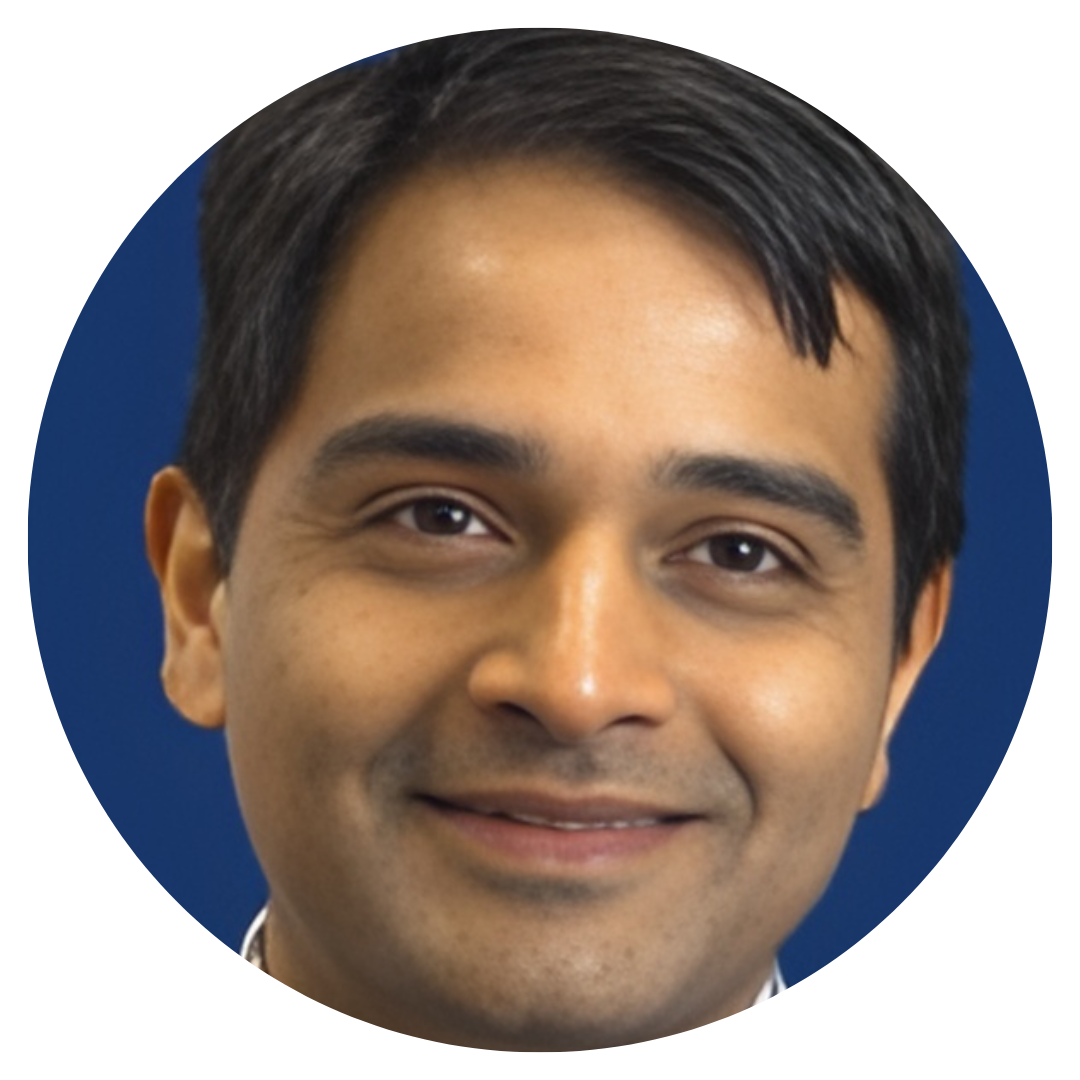 Navel Daver | Dr. Naval Daver is a professor and director of the Leukemia Research Alliance Program in the Department of Leukemia at MD Anderson Cancer Center(MDACC) in Houston, TX. He is a clinical investigator with a focus on molecular and immune therapies inacute myeloid leukemia (AML) and myeloid disease, and is principal investigator on more than 25 ongoing institutional, national, and international clinical trials in these diseases, including multiple registration and label enabling trials. These trials focus on developing a personalized therapy approach by targeting specific mutations or immune pathways expressed by patients with AML, evaluating novel combinations of targeted, immune, and cytotoxic agents, and identifying and overcoming mechanisms of resistance. He is especially interested in developing monoclonal and bispecific antibodies, immune checkpoint, CD47, NK and T-cell based approaches, as well as combinations of targeted and apoptotic therapies in AML, and he is leading a number of these trials at MDACC. Dr Daver has published more than 400peer-reviewed manuscripts and is on the editorial board of numerous hematology journals. He also serves as Chair on numerous national and international meetings and educational platforms. |
|
|
HLH Symposium Presenters
|
Mihai Netea was born and studied medicine in Cluj-Napoca, Romania. He completed his PhD at the Radboud University Nijmegen, The Netherlands, on studies investigating the cytokine network in sepsis. After working as a post-doc at the University of Colorado, he returned to Nijmegen where he finished his clinical training as an infectious diseases specialist, and where he currently heads the division of Experimental Medicine, Department of Internal Medicine, Nijmegen University Nijmegen Medical Center. He is mainly interested in understanding the memory traits of innate immunity (trained immunity), the factors influencing variability of human immune responses, and the immune dysregulation during bacterial and fungal infections. He is the recipient of the Spinoza Prize 2016 and an ERC Advanced grant in 2019, and since 2016 he is a member of the Netherlands Royal Academy of Sciences (KNAW).
|
Zhao Wang | Zhao Wang is a Professor of Hematology at the Capital Medical University and the Director of Hematology department in Beijing Friendship Hospital, China. He received the M.D. and Ph.D. from Peking Medical University in 1997. Over the past 20 years, he has focused on the researching hemophagocytic lymphohistiocytosis (HLH) and EBV related diseases, publishing over 100 related research papers. He serves as an executive member of HLH Steering Committee of Histiocyte Society and as chairman of Chinese Professional Committee of Histiocytic Diseases, leading the establishment of the Chinese HLH Union and the formulation of Chinese guidelines for the diagnosis and treatment of HLH. His team has conducted a series of studies on the pathogenesis, stratified diagnosis and treatment of EBV related HLH and CAEBV, and won the Beijing Science and Technology Award (2017) and Chinese Medical Science and Technology Award (2020). |
Meet the Expert - HLH Speaker
Melissa Hines |
|
Presidential Symposium Speakers - More information coming soon
SATURDAY, NOVEMBER 9, 2024
LCH Symposium Speakers
Nicole Coufal | Dr. Nicole Coufal is a physician scientist with training in pediatric critical care and a research interest in neuroimmunology. She completed her MD-PhD at the University of California, San Diego in medicine and in neuroscience, undertaking her doctoral work at the Salk Institute investigating the contribution of somatic mosaicism to normal brain development and pathological dysregulation of these pathways in neurodevelopmental disorders. She undertook her clinical training in pediatrics and pediatric critical care, becoming interested in the contribution of neuroimmunology to both rare and common neurodevelopmental disorders. Her postdoctoral work involved mapping the dynamic transcriptome and epigenome of primary human microglia and developing and validating tools for studying human microglial biology using stem cell approaches. The lab's primary research interests are to understand the molecular and cellular mechanisms underlying the development and regulation of microglia, the brain's resident innate immune cell, and how dysregulation of microglia contributes to neuroinflammatory and pediatric neurodegenerative disorders. To understand and model microglial biology, Dr. Coufal utilizes patient derived induced pluripotent stem cells and genome-wide approaches to identify transcriptional and epigenetic mechanisms to then model genetic and idiopathic neuroinflammatory disease in vitro and in humanized models in vivo. She hopes to ultimately improve our understanding and treatment of critical and progressive pediatric neuroimmune disease and identify novel therapies for rare pediatric neurological disease. |
Anthony Letai | Anthony Letai graduated from Princeton University with an A.B. in Physics, then received his MD and PhD at the University of Chicago, completing clinical training in Hematology and Oncology at Dana-Farber Cancer Institute. After a post-doctoral fellowship with Stanley Korsmeyer, Dr. Letai established his laboratory at Harvard Medical School and Dana-Farber Cancer Institute to study how apoptosis can be evaded by cancer cells. Key to these studies is a novel assay - BH3 profiling. He has led efforts to translate BCL-2, BCL-XL, and MCL-1 antagonists into the clinic. These include venetoclax, a BCL-2 antagonist approved by the FDA for CLL and AML and now being tested across nearly all blood cancers, in combination with other drugs and with immune-oncology agents. The laboratory is also testing whether BH3 profiling can be used as a broad predictive biomarker to assign clinical cancer therapy. In an attempt to unite others across the world who also pursue ex-vivo functional testing, in 2018, he founded the Society of Functional Precision Medicine, and serves as its President. He is a recipient of the European Cell Death Organization Career Award, the Smith Family Prize for Outstanding Scientific Contributions and the National Cancer Institute Outstanding Investigator Award. |
Elena Sieni | Elena Sieni, MD, born in Florence, Italy in 1980, is a pediatric hematologist-oncologist at Meyer Children’s Hospital IRCCS in Florence, Italy. Graduated from the University of Florence, Italy, in 2005, she completed her Pediatric Residency in 2010 with a thesis on genotype-phenotype correlations of FHL3. She first became interested in histiocytosis in 2009 and she was progressively engaged in patients’ care and collaborative research projects in this field. Selected among the “young researchers” program funded by the Meyer Children’s Hospital of Florence, in 2013 she attended the Boston Children’s Hospital, MA-USA, for a short-term observership in Pediatric Hematology-Oncology. Since 2012 she is Chair of the Italian Working Group of Histiocytosis. She is the Italian coordinator of LCH-IV and the chair of the Italian Registries of LCH and HLH. She also serves as vice-president of the European Consortium of Histiocytosis (ECHO) and as a member of the HLH Steering Committee of the Histiocyte Society. Her clinical and research interests focus on histiocytic disorders of children and adults. Her research team has contributed to clinical, molecular and functional characterization of HLH and to the development of diagnostic and monitoring strategies for neurodegenerative LCH. She is actually leading a European effort on circulating Braf monitoring in LCH and a consensus guideline for neurodegenerative LCH. |
Meet the Expert - LCH Speaker
| Bio Coming Soon! |
Meet the Expert - Rare Histiocytoses Speaker
Gaurav Goyal | Dr. Gaurav Goyal was born and raised in a small town in India. He obtained his medical school diploma from Smt. N.H.L. Municipal Medical College in Ahmedabad, India, in 2011. Subsequently, he moved to the United States to complete a residency in Internal Medicine from Creighton University Medical Center, Omaha, Nebraska in 2016. During his residency, he developed special interest in hematology-oncology and went on to pursue a fellowship in the same from Mayo Clinic, Rochester, Minnesota from 2016-2019. During his fellowship, he developed a unique focus in a rare group of blood diseases called as histiocytic disorders, including Erdheim-Chester disease, Langerhans cell histiocytosis, and Rosai-Dorfman disease. He conducted multiple studies describing the epidemiology, treatments, and outcomes of patients with histiocytosis and led to the establishment of first of its kind multidisciplinary Histiocytosis Working Group. He has led national and international guidelines on the diagnosis and management of these rare disease entities. He was subsequently recruited to join the Hematology-Oncology division at University of Alabama at Birmingham as an Assistant Professor in 2019. Dr. Goyal established the histiocytosis program after moving to UAB and expanded the Histiocytosis Working Group to include members from UAB. He continues to conduct clinical, translational, and outcomes research in histiocytosis at his current position. He has additionally developed special interest in survivorship research with ongoing projects evaluating burden of morbidity and mortality among individuals with histiocytic disorders. |
John Pritchard Lecture on the Nikolas Symposium Speaker
|
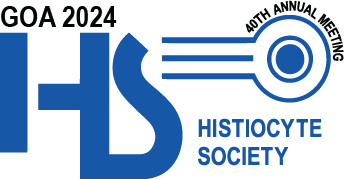

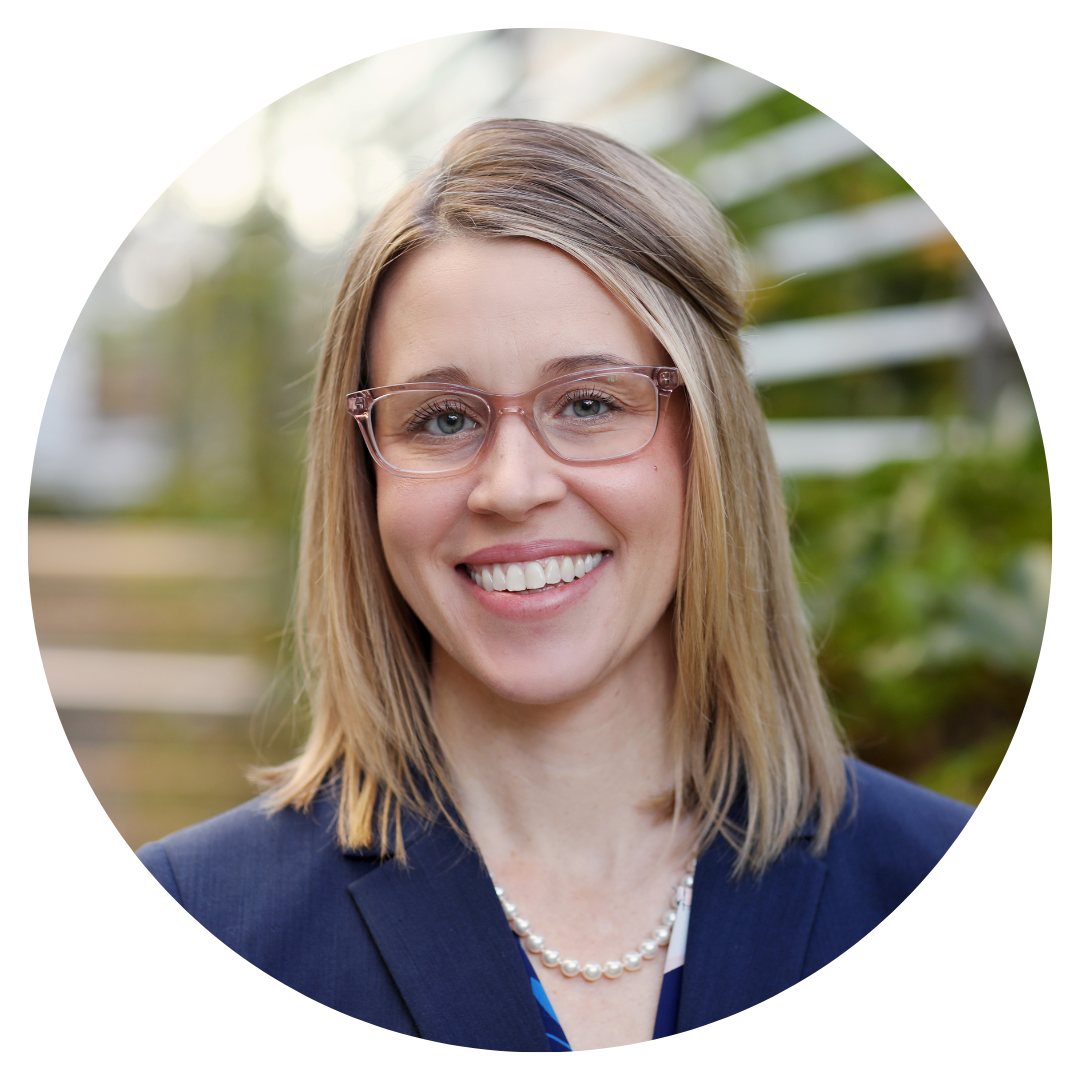
.png) Ronald Go
Ronald Go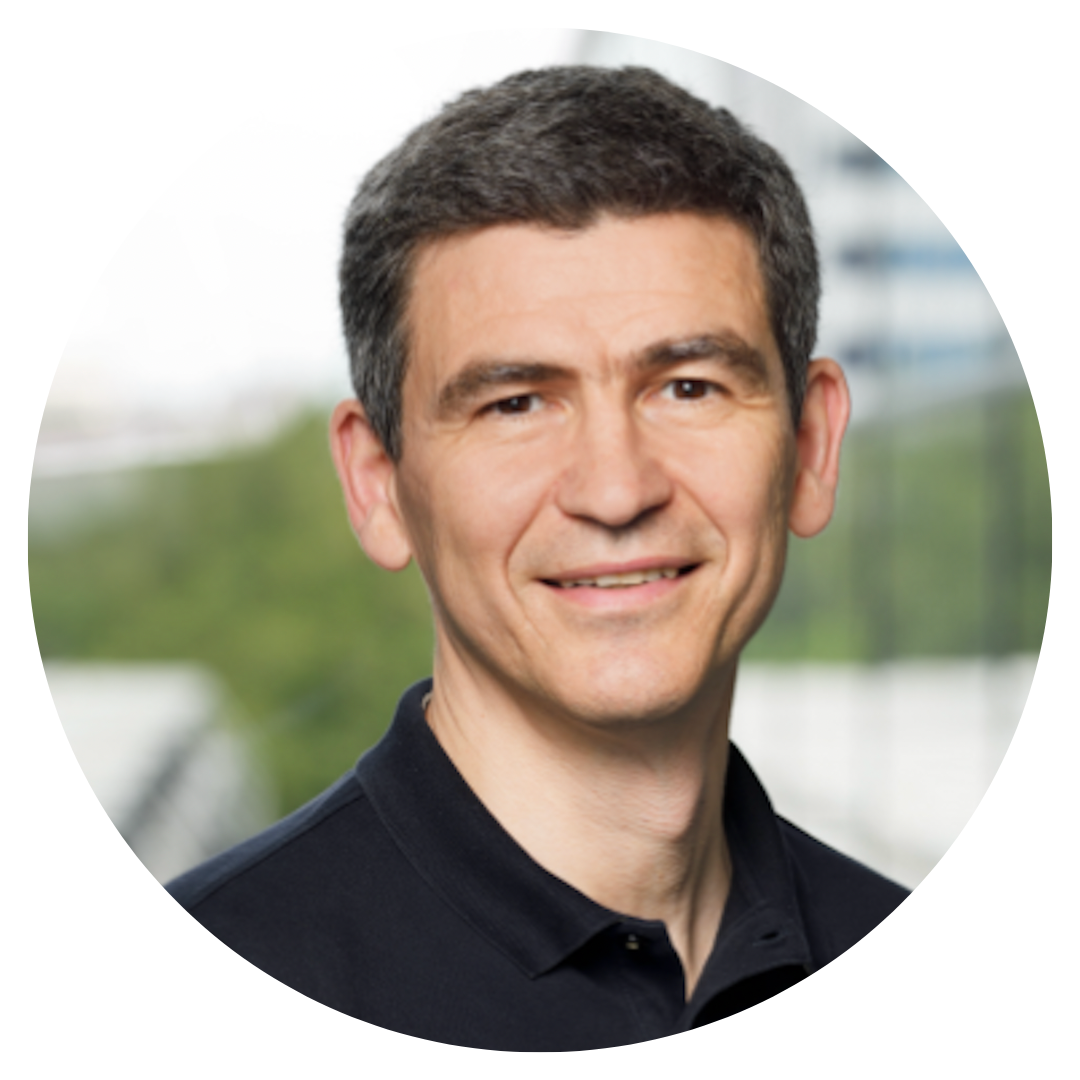 Mihai Netea
Mihai Netea
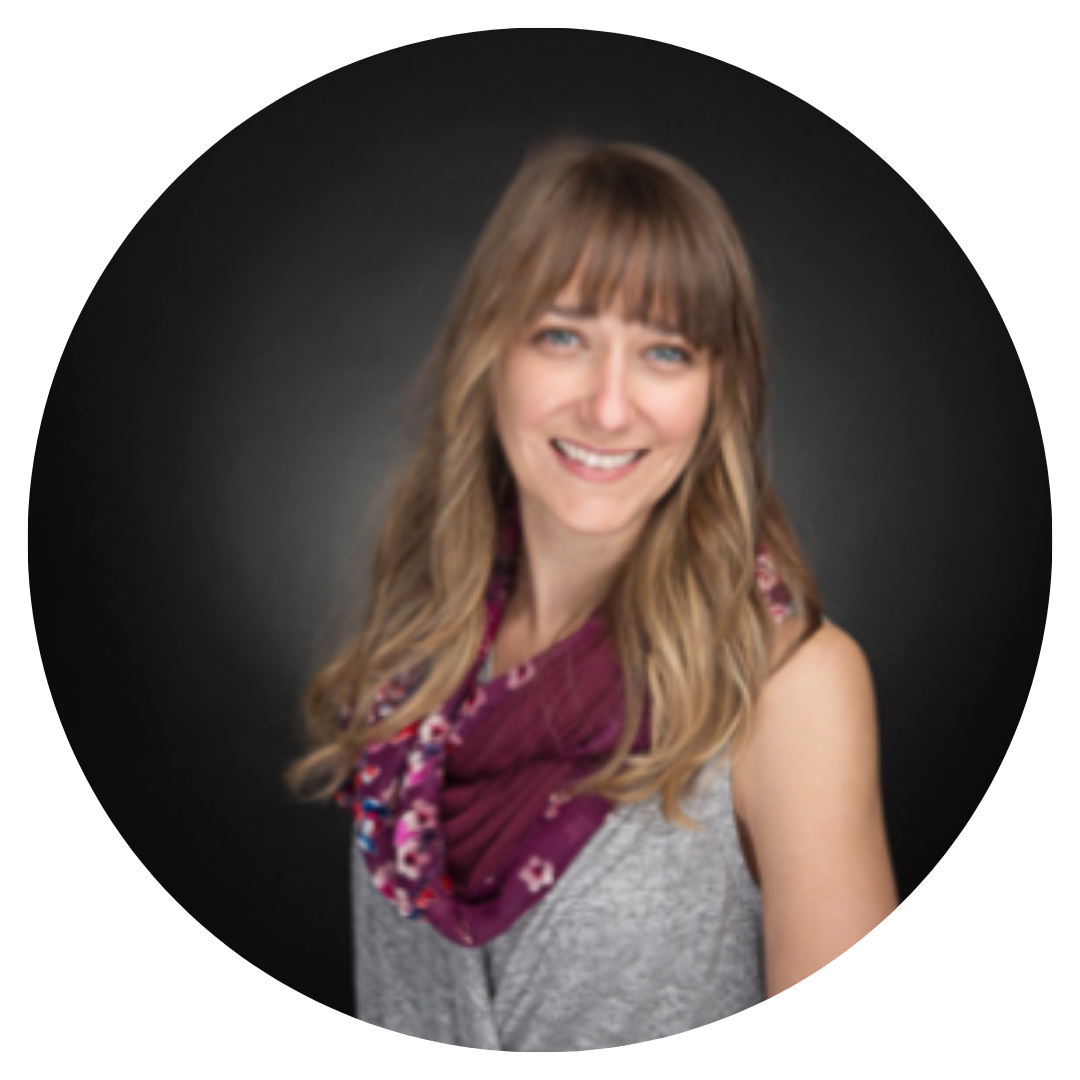

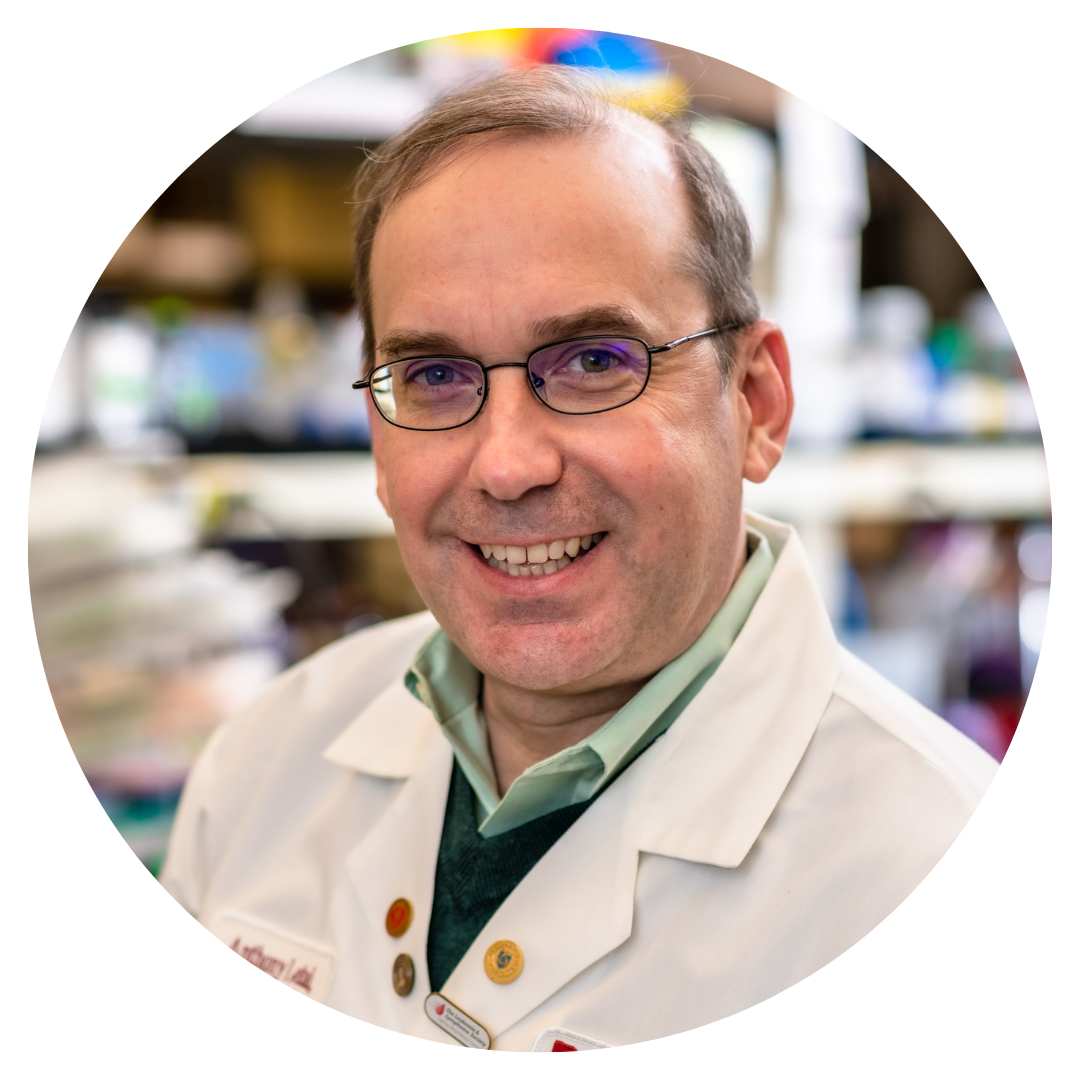

 Mark Fluchel
Mark Fluchel